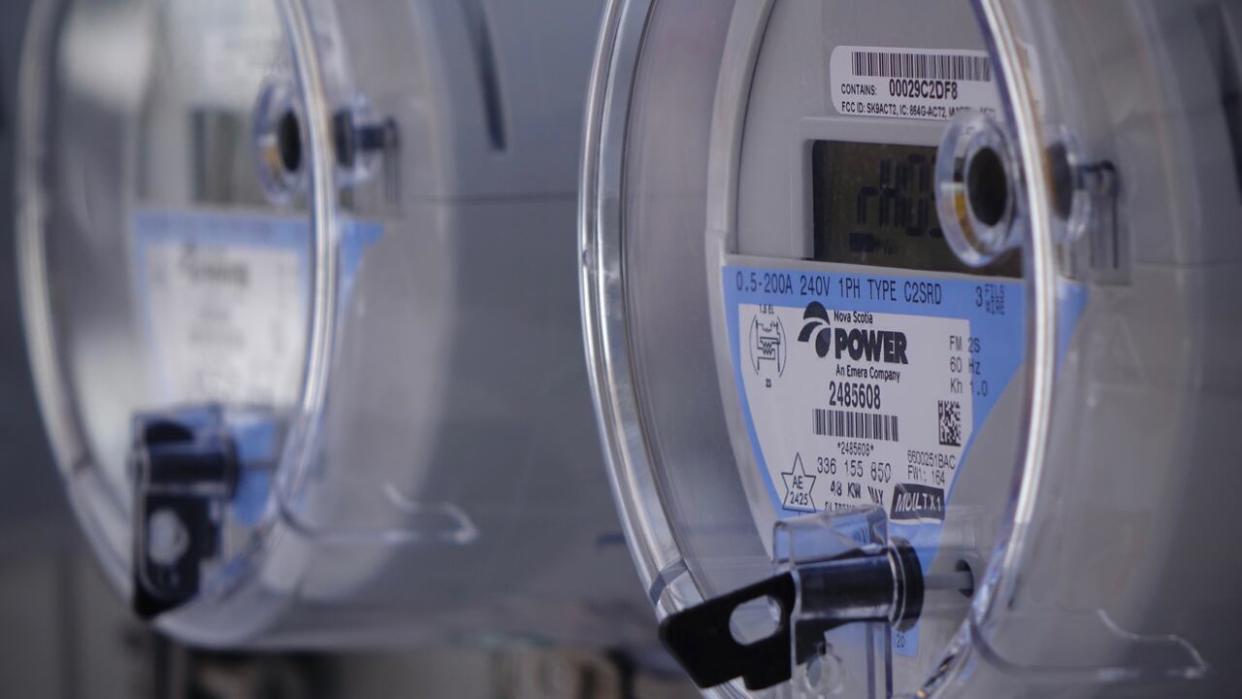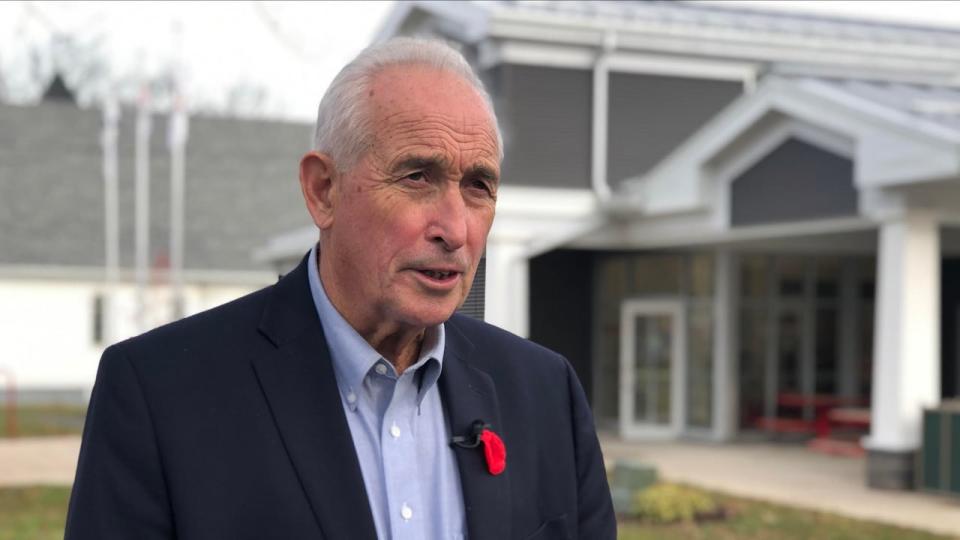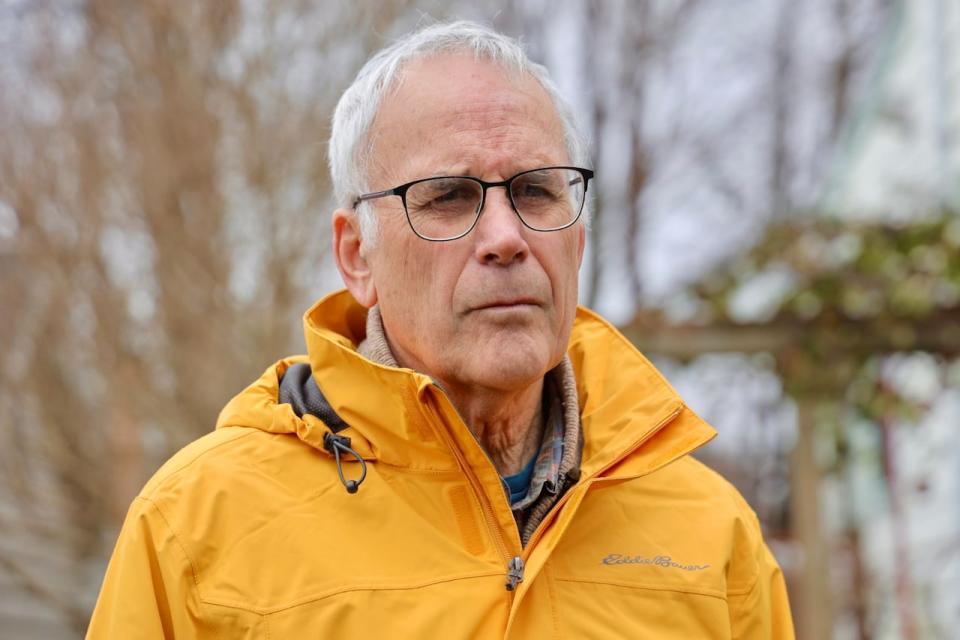Annapolis Valley town offers relief on energy bills with money from donors

A town in Nova Scotia's Annapolis Valley is offering a break on energy bills for some low-income residents this winter.
Berwick received a donation from a local couple this week who wanted to help alleviate energy poverty — a problem that plagues about one in three Nova Scotians.
"They were concerned that this was going to be a tough winter on a lot of people," Berwick Mayor Don Clarke said of the donors.
Clarke said the couple asked that their identities be kept private. He said they don't want the exact amount of money donated to be disclosed, but Clarke said it was "several thousand dollars."
"It's not enough, I'm sure, to pay everybody's light bill who's struggling a little bit, but we'll try to identify the most needy situations," said Clarke.
Energy costs rising
The cost of living in Nova Scotia jumped significantly this year, and the price of fuel oil, which is how many Nova Scotians heat their homes, continues to be volatile and unpredictable.

Berwick Mayor Don Clarke says electricity rates in the town will jump 15 per cent this year. (Steve Lawrence/CBC)
The grant program that Berwick is creating with its donation will lower the cost of electricity, which the town provides through its own electric utility. Clarke said the town always strives to keep rate increases small and gradual, but this year rates are jumping by 15 per cent.
"We always pride ourselves in being able to offer rates that are slightly lower than Nova Scotia Power, and I think we will be able to continue that, but it is getting more and more difficult," Clarke said.
"I know I dread my bill because as the winter comes, especially if you have a hard winter, the bills increase significantly."
Expecting more donations
Grant recipients will see the money put directly onto their electricity bill, cutting down what they have to pay.
Clarke said the exact criteria are still being sorted out and will be communicated to residents on an upcoming electric bill.
With the initial donation, Clarke said he hoped to offer grants to 10 to 15 families, but the scope could change should more donations be made for the cause.
A day after the town announced the program, Clarke said he received an email from another person interested in donating an amount of money that could nearly double the total.
Brian Gifford, chair of the Affordable Energy Coalition, was glad to hear about the relief coming for some Berwick residents.
He said there are similar programs in other parts of the province, also based on donations, and he's heard from recipients that it makes a big difference, eliminating what can be a major source of stress.
"They end up having a bill that they can afford instead of having one they can't afford," Gifford said.
Energy poverty common in Nova Scotia
Energy poverty is defined as using six per cent or more of your income to pay energy bills.
Gifford said Nova Scotia has one of the highest rates of energy poverty in the country because of the prevalence of oil heat and because Nova Scotia Power relies heavily on fossil fuels.

Brian Gifford, chair of Nova Scotia's Affordable Energy Coalition. (Jeorge Sadi/CBC)
The latest statistics put the rate of energy poverty at 37 per cent, according to Gifford, although he said that number is now somewhat out of date, as it relies on national census data, which was last collected in 2021. Also, energy costs can fluctuate regularly, meaning so too does the rate of energy poverty.
Regardless of the challenges with measuring the issue, Gifford said he still believes it's accurate that at least a third, or more, of Nova Scotians are experiencing energy poverty, underscoring the importance of having programs to bring down energy costs.
Gifford said he's pleased with how the provincial and federal governments have turned their attention to the issue in recent years, with a suite of programs to help people retrofit their homes for energy efficiency and to transition from oil to heat pumps.
But, he said, there's still room for improvement.
His group, the Affordable Energy Coalition, has been working with Nova Scotia Power, Efficiency Nova Scotia, and other groups to find some new solutions for closing the gap between affordable home energy bills and the actual price Nova Scotians are paying.
MORE TOP STORIES


